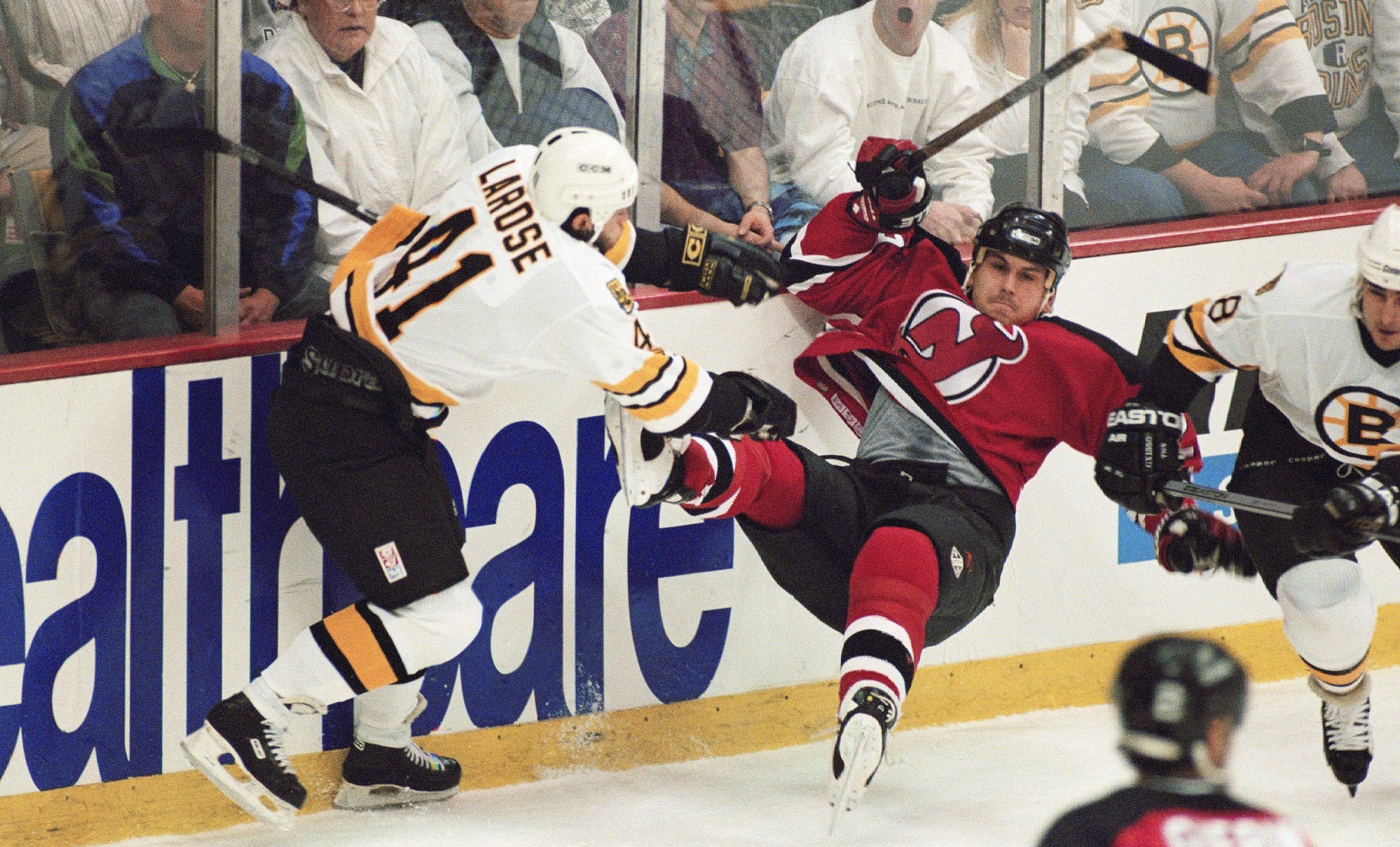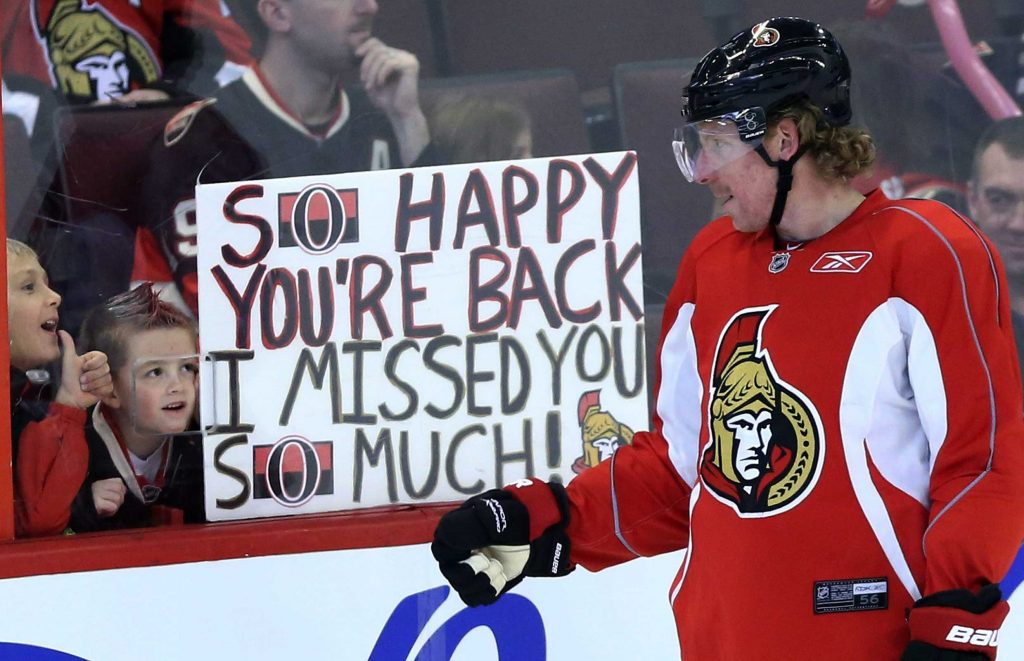Labour Issues relevant to NHL

There have been four league-wide strikes in NHL history, both starting in season 1992. The first strike launched by the National Hockey League Players’ Association in April 1992 lasted 10 days. however, things were settled quickly and canceled matches were rescheduled.
A lockout early in the 1994-95 season forced the tournament to reduce the number of games from 84 to 48, whereby teams would only play matches with conference teams, but a new agreement called the NHL Collective Bargaining Agreement was established. It is devoted to dialogue activities in 1998 and renewed until September 15, 2004.

Due to the agreement expiring on September 15, 2004, chief executive Gary Bettman announced that there will be another lockout of the players association and the closure of the NHL headquarters. The tournament promised to set a term they called cost certifications for all teams. However Players’ Association said that this change was just a screen for the salary cap, which in the beginning the player association never accepted. The stoppage caused the tournament to be interrupted for 310 days, the longest in sports history, and NHL became the first professional sports tournament to lose an entire season. A new CBA agreement was approved in July 2005, including a salary cap. The deal is for a six-year term with a CBA agreement extension for an additional year at the end of the deal, allowing the tournament to resume from the 2005-06 season.
On October 5, 2005, the first post-lockout season played with 30 teams. NHL received a record audience for the 2005–06 season: an average of 16,955 per game. The TV audience of the tournament was not as high as expected due to the decision of US cable station ESPN to stop playing hockey. A new contract with NBC gives the prize the right to collect a portion of the profits from advertising in each match. The annual profit of the tournament is estimated at $ 2.27 billion.
At midnight on September 16, 2012, the employment agreement expired, and the tournament resumed pause. The bosses proposed to reduce the players’ share from hockey-related proceeds from 57 percent to 47 percent. All matches were postponed until January 14, 2013, along with the 2013 NHL Winter Classic and NHL All-Star Weekend 2013 matches. The parties reached a preliminary agreement on 6 January 2013 for a match. ten years. On January 12, the league and the players’ association signed a memorandum of understanding agreeing to the new contract. This allows teams to start training again from January 13, and the season will have 48 games left starting January 19.








